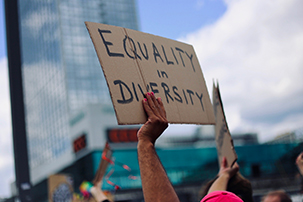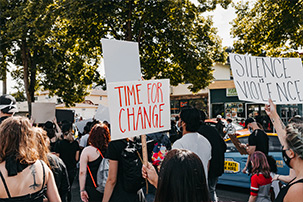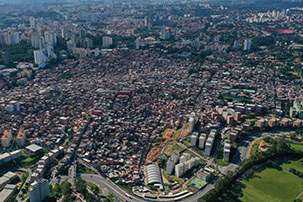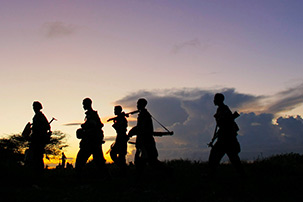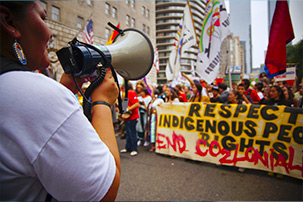GC Human Rights Preparedness Blog invites contributors to explain the ways in which protecting, respecting and fulfilling human rights is vital in meeting the challenges of pandemics and other emergencies, or to imagine how human rights could be better prepared for such challenges in view of where, how and why human rights have failed or done less well than anticipated.

-
Documents of Reference
- Mission and Vision
- Statute
- Brochure
- EMA Venice Charter
- EMA Joint Degree Agreement
- Organisation, Management, and Auditing Model pursuant to Legislative Decree 231/2001
- Code of Ethics
- Environmental Policy
- Comunicazione ai sensi Art. 1 Commi 125 - 129 Legge 04.08.17 N.124
- Comunicazione ai sensi Art. 14 comma 2 del Codice del Terzo Settore
- MoU EIUC - City of Venice
This website or its third party tools use cookies, which are necessary to its functioning and required to achieve the purposes illustrated in the cookie policy.If you want to know more or withdraw your consent to all of the cookies,please refer to the cookie policy. By closing this banner, scrolling this page, clicking a link or continuing to browse otherwise, you agree to the use of cookies.
Read more …
